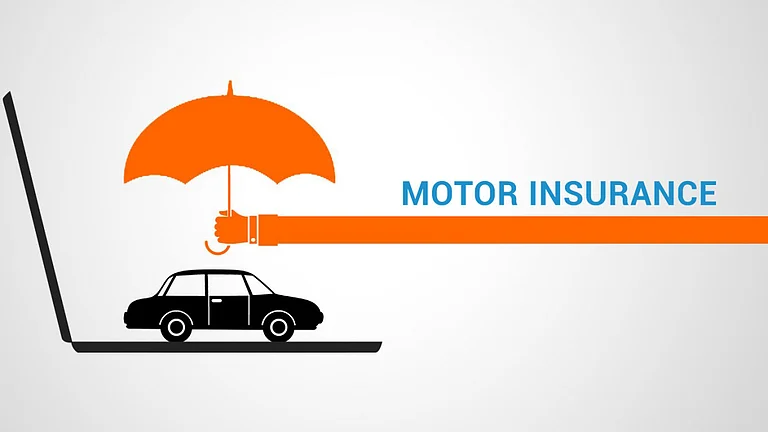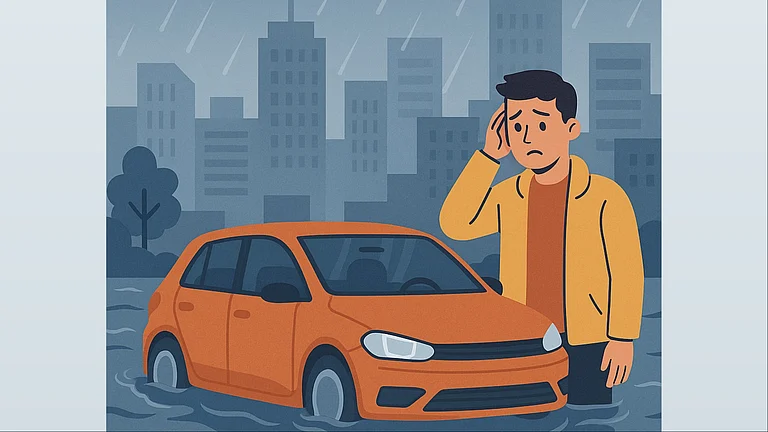If you are driving your vehicle assuming a cover note is enough to get an insurance payout in case something goes wrong, a recent case observation by the Karnataka High Court states otherwise. In a recent ruling, the court made it clear: the responsibility to prove insurance lies squarely with the vehicle owner or the person making the claim, not the insurance company.
What was the case?
This came up in a case from Ballari, where a man died in an autorickshaw accident back in 2011. His family had approached the Motor Accident Claims Tribunal (MACT), hoping for some compensation. They were initially granted Rs 5.33 lakh, based on a cover note shown as proof of insurance. But the matter did not end there.
A cover note is basically a temporary document which is issued by an insurance company to give immediate proof of coverage till the official policy documents are made, finalised and delivered.
When the case went to the Karnataka High Court, the judge took a closer look at the document. A cover note, the court pointed out, is only a temporary acknowledgement; it merely suggests that an insurance proposal has been submitted, not that a policy is active. And it is valid only for 60 days from the date it's issued.
In this case, the note was dated April 29. The accident took place in September, well past the 60-day mark. No further documents were produced and nothing to show the premium had been paid or that an actual policy was issued. So, as far as the court was concerned, the insurance never really kicked in.
Justice Hanchate Sanjeevkumar, in his ruling, noted that one can't ask the insurer to pay up unless there is solid proof that the vehicle was insured on the date of the accident. Simply having a piece of paper is not enough unless it is backed by evidence of payment or a proper policy.
Under Indian law, specifically Section 3 of the Evidence Act, the person making the claim needs to prove their case. In this situation, the burden fell on the autorickshaw owner and the deceased's family. Since they could not provide any additional proof, the insurance company was let off the hook.
However, the family was not left entirely in the lurch. The High Court took into account notional income guidelines and revised the compensation, bumping it up to Rs 15.5 lakh with interest. The catch? It's now the autorickshaw owner who has to pay the full amount.
There is a bigger takeaway here for vehicle owners: if you are relying on just a cover note or assuming a policy is "in process," you are on thin ice. Unless you can show that the insurance was valid and active at the time of an accident, you can't expect the insurer to step in. Proof matters, especially when someone's life has been lost and financial compensation is on the line.












